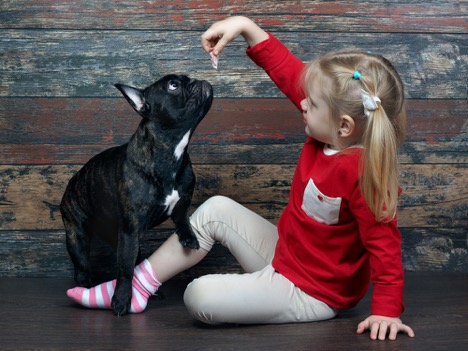As a new year unfolds, and kids enter different stages in life, the old routine might not be as predictable. Classrooms may change this year, and familiar faces might not remain old friends. Some new friends may emerge, and maybe a few frenemies, as well.
Groups of friends evolve through the years, and, as kids mature and hit adolescence, social circles may become a bit more complicated. Tangled peer relationships may pit friend against friend…and some ‘good’ kids may emerge as the new bully. According to Stopbullying.gov, bullying is most prevalent in middle school years. However, while middle school kids are more commonly affected, bullying occurs at all grade levels. Yes, even preschool.
The most worrying fact about bullying isn’t just how many kids are affected by the abuse (that would be about 20 percent of kids), but the nature of the bully. Kids that bully aren’t the unpopular outsider with a score to settle. According to an article by CBS Atlanta, bullies have high self-esteem, they are popular…and they are not lying in bed depressed. Bullying, it seems, is a way to secure social status—especially in high school.
Of course, bullying isn’t just shoving, hitting or physical abuse. Bullying can be mental, including excluding others, spreading lies or rumours and teasing or name-calling. And bullying also can take to the internet. As technology has advanced, so have the tools used to torment others. Cyberbullying is a popular way to target victims, as the perpetrator may seemingly remain anonymous.
So how can parents protect their kids from becoming the next victim? Unfortunately, there is no surefire way to ensure that a child won’t be targeted, but empowering kids is one of the most positively proactive steps parents can take.
Talk it Out
Parents should talk with kids about bullying. While preschoolers might not get it, parents should instil kind words and actions and make sure their child is corrected if they exhibit unkind behaviour toward other children. Grade school kids should learn what constitutes bullying—go beyond physical, and talk about how to treat others. Empower them to tell a teacher or an adult if they see another child teased or bullied, or if they feel threatened or uncomfortable by the actions of a peer.
Set Consequences
Kids must understand that bullying is wrong and that there will be consequences for inappropriate actions. Draw the line and define the code of conduct for your family. If a child has a cell phone, discuss the rules of having their own device. Teach what images can and cannot be shared or photographed, and set limits on apps that may be inappropriate for their age. Social media etiquette is extremely important for kids to learn at an early age. The internet is not a place to anonymously target others. Words in text form and elsewhere are forever and can damage their reputation and their lives forever.
Providing Solace & Comfort
If your child has been the victim of bullying, parents must act immediately to deal with the situation. This may mean contacting the school…or the authorities (if the abuse involved threats or inappropriate photos). Kids also need to know that they are safe and that their parents will be their advocate. Listen calmly to a child, and never, ever place blame on them. Some children may need therapy to overcome the emotional distress, while others may be fine just talking with parents.

Pets also may be helpful if a child has been bullied. Family pets often can be a solace of comfort for kids during tough emotional times. Pets love us unconditionally and listen without judgment. Some breeds—like the French Bulldog—may even be ideal companions for young kids who are going through difficult emotional journeys. Carrie Fisher, who suffered from bipolar disorder, was often accompanied by her French Bulldog, Gary Fisher, who helped bring a sense of calm for the star.
Bullies are, unfortunately, a part of life. While parents cannot prevent a bully from targeting their child, proactive empowerment is essential to educate kids about bullying and what to do if they are targeted. Kids must know what defines a bully—that bullying isn’t just shoving or hitting, but unkind words, exclusion, and inappropriate online texts and pictures. Parents are a child’s best advocate and ally. Educate kids about bullying, set limits, establish consequences for bullying and, above all…communicate.

